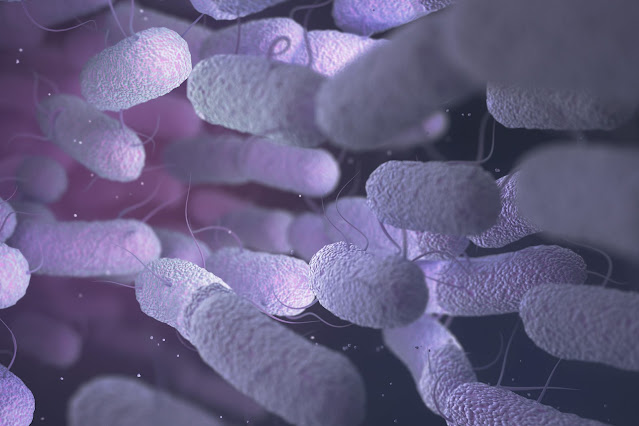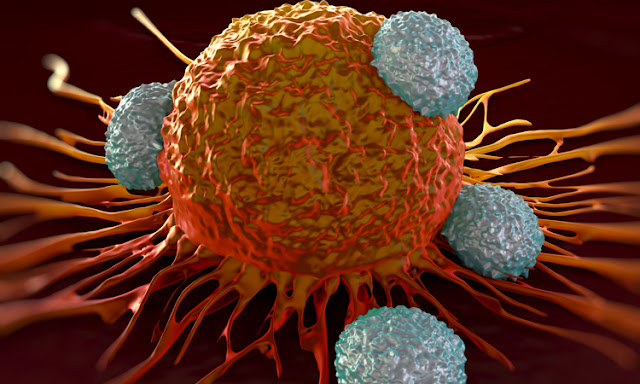Bacillus Subtilis Is Utilized In Studying Bacterial Chromosome Replication Processes
Bacillus Subtilis, often referred to as B. subtilis, is a Gram-positive bacterium that is widely recognized for its versatility and beneficial properties. Found naturally in soil and the gastrointestinal tracts of animals, B. subtilis has a long history of use in various industries and scientific research.
B. subtilis is characterized by its rod-shaped morphology and ability to form endospores. These endospores are highly resistant structures that allow the bacterium to survive in harsh environmental conditions, such as extreme temperatures, nutrient deprivation, and exposure to chemicals. This resilience is one of the reasons why B. subtilis is widely used in industrial processes and research.
One of the notable features of Bacillus Subtilis is its ability to produce a wide range of enzymes and metabolites. This bacterium is known for its secretion of proteases, amylases, cellulases, and lipases, among other enzymes. These enzymes have applications in the food and beverage industry, where they are used for fermentation, flavor development, and the production of various products. B. subtilis is also utilized in the production of antibiotics and pharmaceuticals through the synthesis of secondary metabolites.
Another important characteristic of B. subtilis is its role as a biocontrol agent in agriculture. Certain strains of B. subtilis have been shown to have antagonistic properties against plant pathogens, making them valuable in crop protection. By colonizing the root zone of plants, B. subtilis can suppress the growth of harmful bacteria, fungi, and nematodes, reducing the need for chemical pesticides. This natural biocontrol approach is environmentally friendly and contributes to sustainable agriculture practices.
The Bacillus Subtilis Market is witnessing significant growth due to its extensive applications in agriculture, food processing, and pharmaceutical industries.
B. subtilis is also extensively studied for its ability to produce antimicrobial substances, such as antibiotics and antimicrobial peptides. These antimicrobial compounds are effective against a wide range of pathogenic bacteria, including those resistant to traditional antibiotics. The production of these antimicrobial substances by B. subtilis provides opportunities for the development of novel therapeutic agents to combat infectious diseases and drug-resistant bacteria.
In addition to its industrial and agricultural applications, B. subtilis is widely used as a model organism in scientific research. Its well-characterized genetics, ease of cultivation, and similarity to other bacteria make it an ideal candidate for studying various cellular processes and molecular mechanisms. Researchers have utilized Bacillus Subtilis to investigate topics ranging from gene regulation and signal transduction to biofilm formation and sporulation. The knowledge gained from studying B. subtilis has contributed to a deeper understanding of fundamental biological processes.
Furthermore, B. subtilis is considered safe for human consumption and has been granted Generally Recognized as Safe (GRAS) status by regulatory authorities. This safety profile, combined with its probiotic potential, has led to the development of B. subtilis-based dietary supplements. These supplements aim to support gastrointestinal health, enhance the immune system, and promote overall well-being.




Comments
Post a Comment